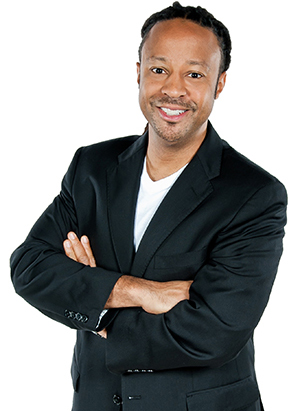“Fear can be effectively cured by forced repetition of acts of courage” Napoleon Hill
“I've had a lot of worries in my life, most of which never happened.” Mark Twain
Napoleon Hill said that the power of your thoughts are the only power you can control and rely on. Your mind is a powerful machine that can work to your benefit or work against you. Most of us begin to let fear drive our decisions and actions when we’re children especially in school trying to avoid criticism from teachers or ridicule or rejection from our peers. One of the main strategies people use to avoid ridicule and rejection is avoidance or inaction, which people mistakenly believe is a way of ‘playing it safe’. This is the equivalent of the animal that tries to blend into the background in hopes that a predator won’t notice them. The problem is that human beings don’t achieve safety, security or self-confidence through inaction.
Everything begins with your thoughts and the good news is that you can train your mind to think positive thoughts and give yourself the benefit of the doubt rather than always assuming the worst. It’s just as easy to imagine positive outcomes as it is to imagine negative outcomes--your subconscious mind will act upon either positive or negative inputs. As the Indian philosopher, Jiddu Krishnamurti put it, “where your attention goes, your life follows.” Nobel prize winner, Nicholas Butler said, “optimism is essential to achievement and it is also the foundation of courage and true progress."
Movement is the key to achieving results and your actions reinforce your thoughts. Inaction breeds doubt and fear but action breeds confidence and courage. Accomplishing anything no matter how small gives you an endorphin boost which helps feed your confidence and diminish your fears.




















